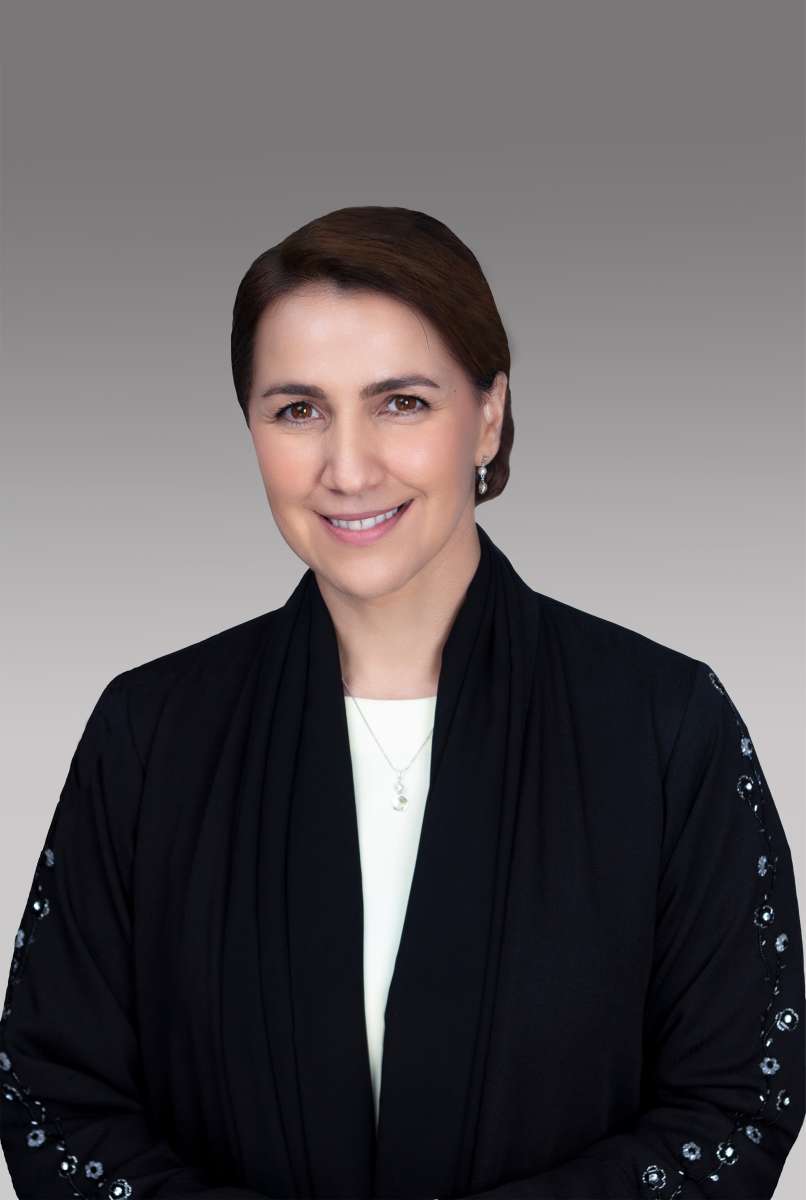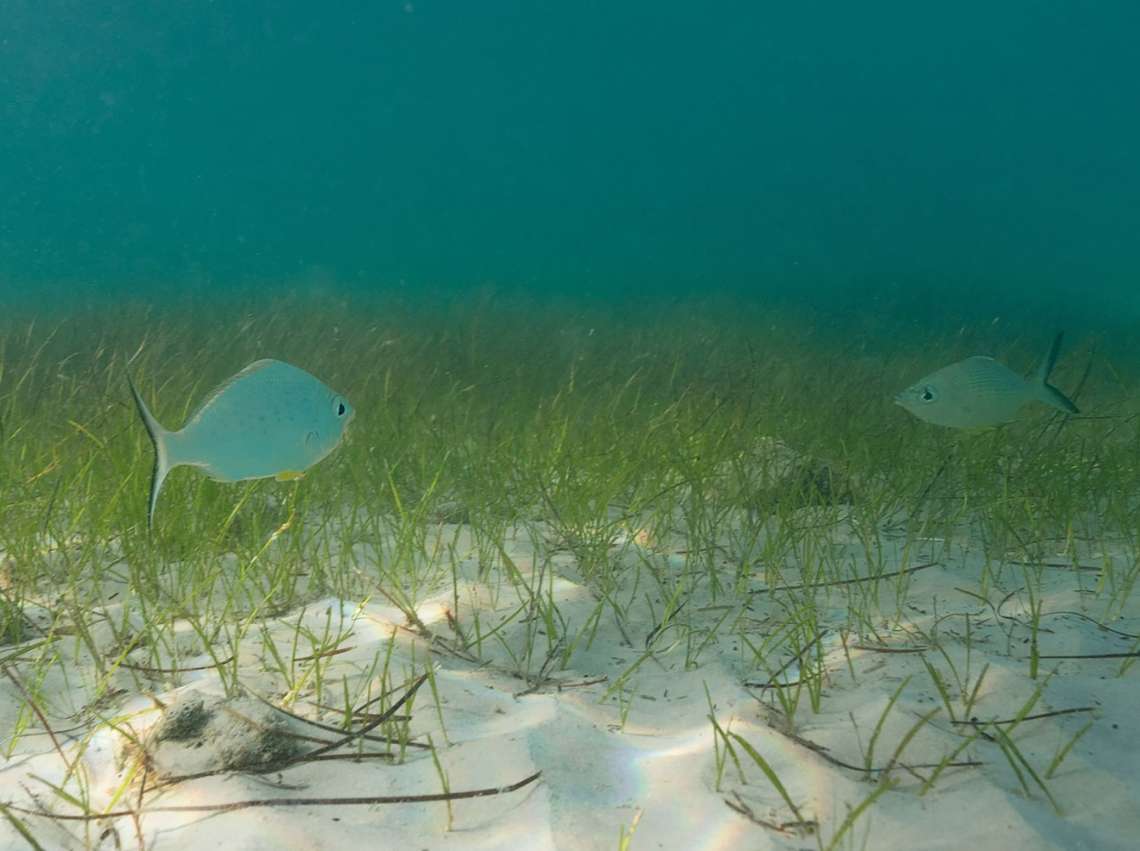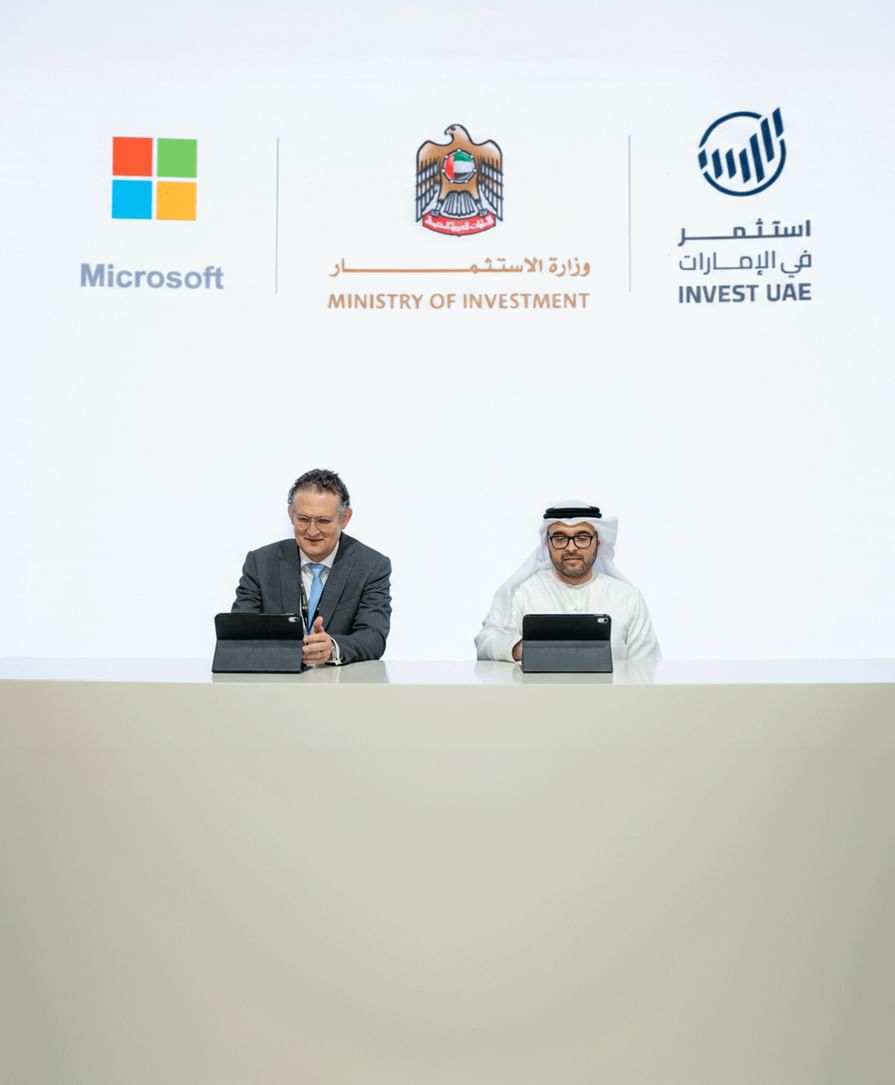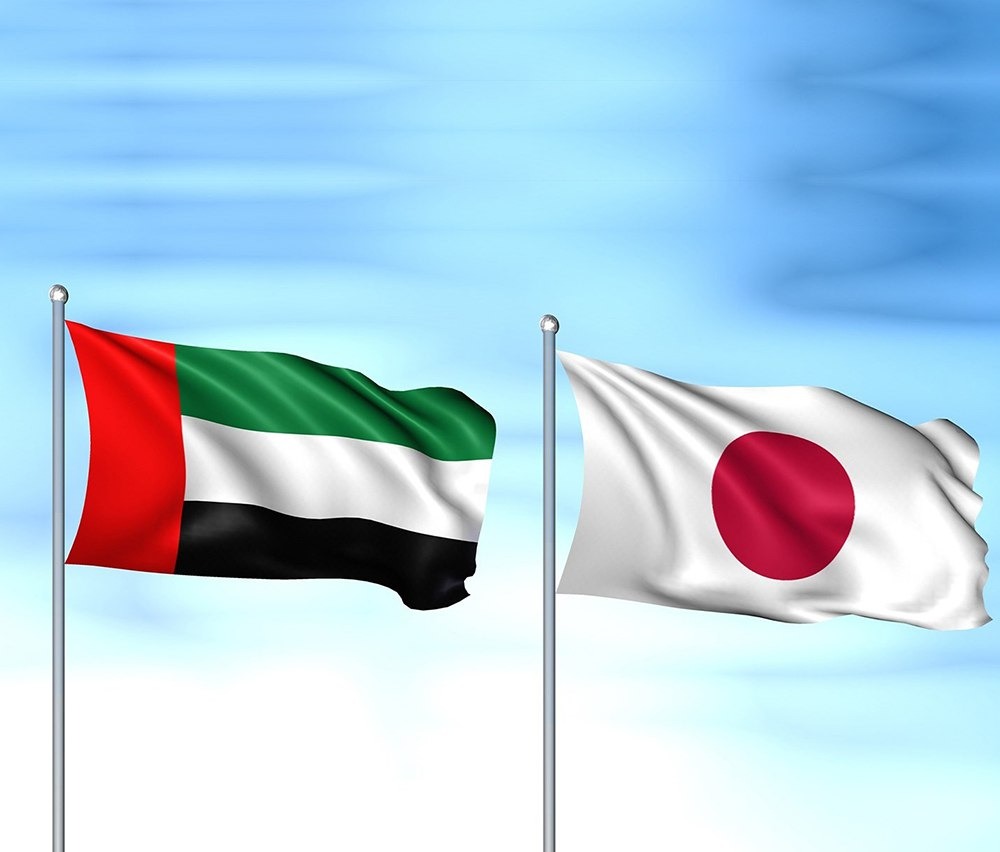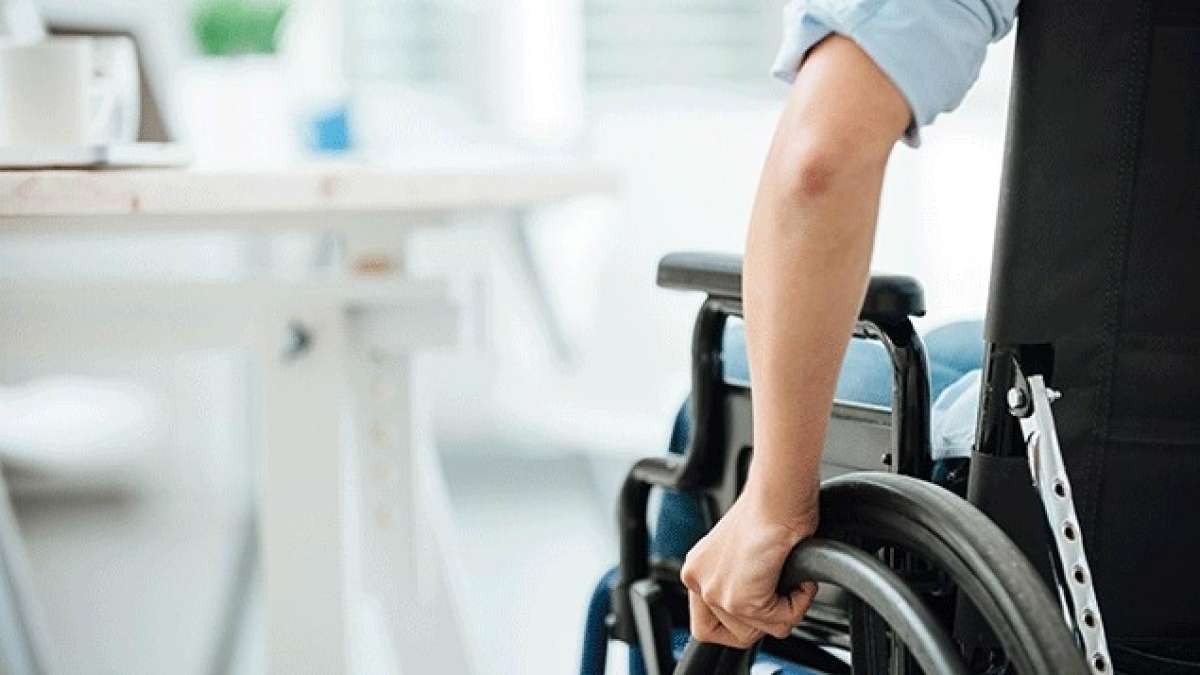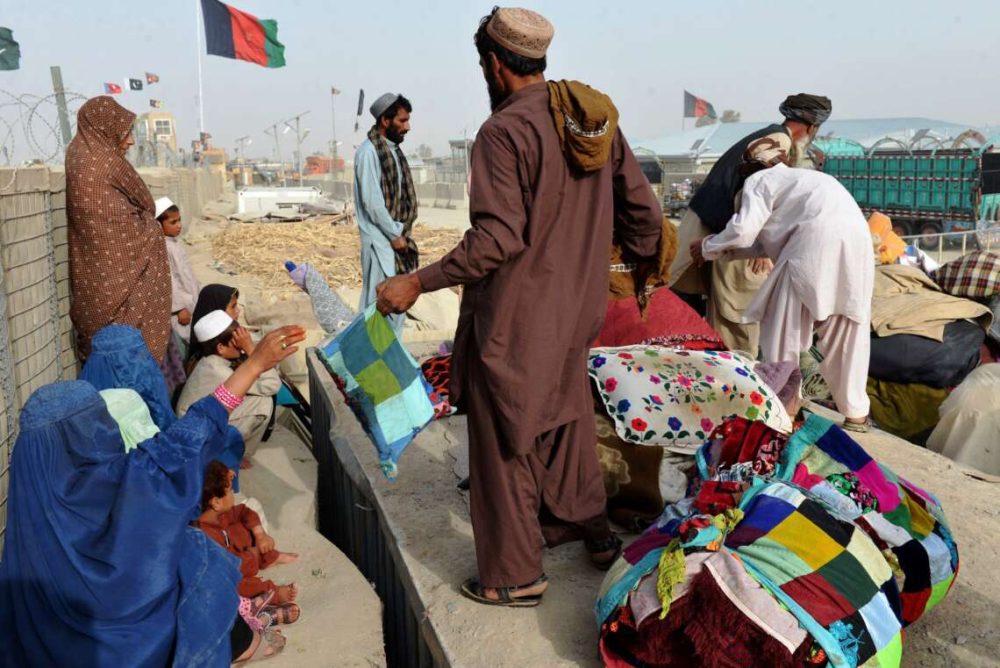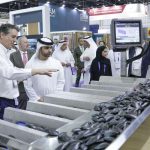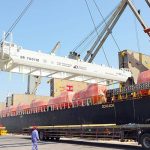UAE ranked first of all MENA countries in the overall food security index and in the food availability indicator, reports Asian Lite Newsdesk
The Ministry of Climate Change and Environment (MOCCAE) revealed that the UAE ranked first in the Middle East and North Africa (MENA) region on the Global Food Security Index (GFSI) 2022, issued by Economist Impact, compared to the third place in the region for the year 2021.
According to the index, the UAE ranked first of all MENA countries in the overall food security index and in the food availability indicator, second in food quality and safety, and fifth in food sustainability and adaptation as well as affordability.
Mariam bint Mohammed Almheiri, Minister of Climate Change and the Environment, said, “Strengthening food security is a strategic priority for the UAE. To achieve this objective, we have adopted an integrated approach that includes the implementation of national strategies and the creation of an enabling legislative and regulatory framework.”
The comprehensive National Food Security Strategy 2051 aims to develop sustainable food systems by using modern technologies, supporting local production, building international partnerships to diversify food sources, and enacting laws and policies that improve nutrition and reduce food waste with the aim of ensuring food security under any circumstances.
The strategy seeks to boost the UAE’s ranking in global food security indicators and transform the country into a hub for innovation-based food security.
Almheiri added that the efforts to strengthen food security include projects, programmes, and initiatives that enhance local production capabilities, stimulate investment and entrepreneurship in the food sector, and promote the adoption of sustainable agricultural methods.
She also stressed that the UAE is working to achieve its goal to top the GFSI by 2051.
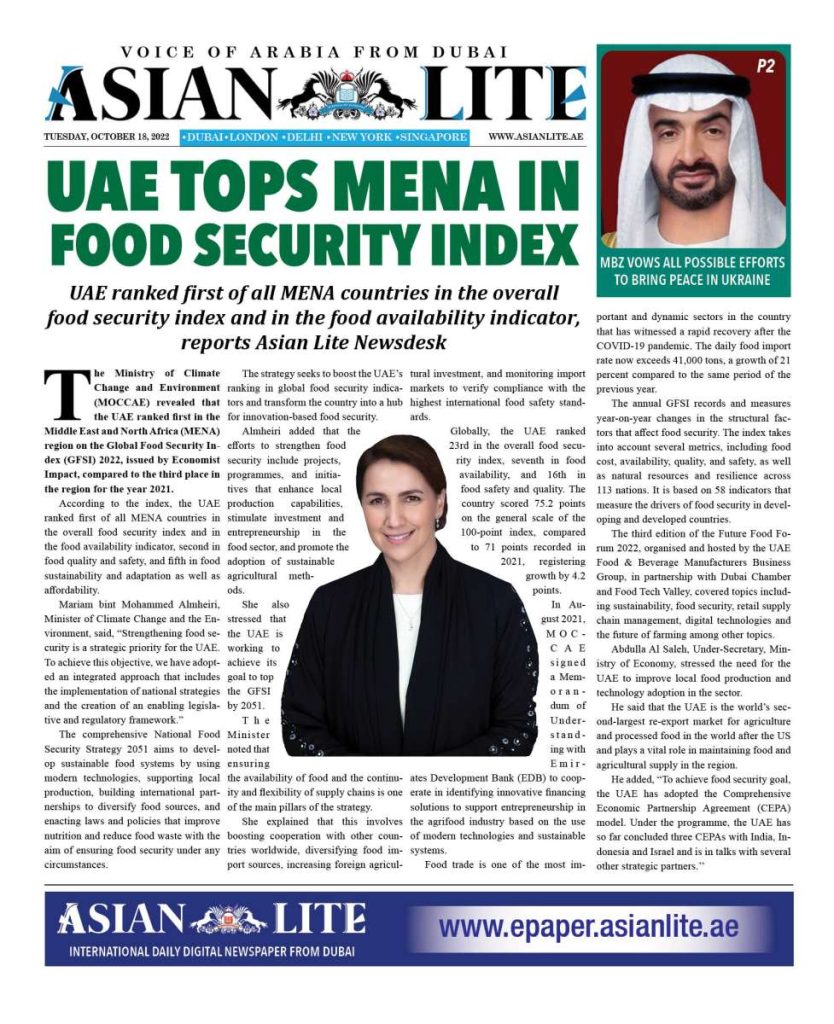
The Minister noted that ensuring the availability of food and the continuity and flexibility of supply chains is one of the main pillars of the strategy.
She explained that this involves boosting cooperation with other countries worldwide, diversifying food import sources, increasing foreign agricultural investment, and monitoring import markets to verify compliance with the highest international food safety standards.
Globally, the UAE ranked 23rd in the overall food security index, seventh in food availability, and 16th in food safety and quality. The country scored 75.2 points on the general scale of the 100-point index, compared to 71 points recorded in 2021, registering growth by 4.2 points.
In August 2021, MOCCAE signed a Memorandum of Understanding with Emirates Development Bank (EDB) to cooperate in identifying innovative financing solutions to support entrepreneurship in the agrifood industry based on the use of modern technologies and sustainable systems.
Food trade is one of the most important and dynamic sectors in the country that has witnessed a rapid recovery after the COVID-19 pandemic. The daily food import rate now exceeds 41,000 tons, a growth of 21 percent compared to the same period of the previous year.
The annual GFSI records and measures year-on-year changes in the structural factors that affect food security. The index takes into account several metrics, including food cost, availability, quality, and safety, as well as natural resources and resilience across 113 nations. It is based on 58 indicators that measure the drivers of food security in developing and developed countries.
The third edition of the Future Food Forum 2022, organised and hosted by the UAE Food & Beverage Manufacturers Business Group, in partnership with Dubai Chamber and Food Tech Valley, covered topics including sustainability, food security, retail supply chain management, digital technologies and the future of farming among other topics.
Abdulla Al Saleh, Under-Secretary, Ministry of Economy, stressed the need for the UAE to improve local food production and technology adoption in the sector.
He said that the UAE is the world’s second-largest re-export market for agriculture and processed food in the world after the US and plays a vital role in maintaining food and agricultural supply in the region.
He added, “To achieve food security goal, the UAE has adopted the Comprehensive Economic Partnership Agreement (CEPA) model. Under the programme, the UAE has so far concluded three CEPAs with India, Indonesia and Israel and is in talks with several other strategic partners.”


